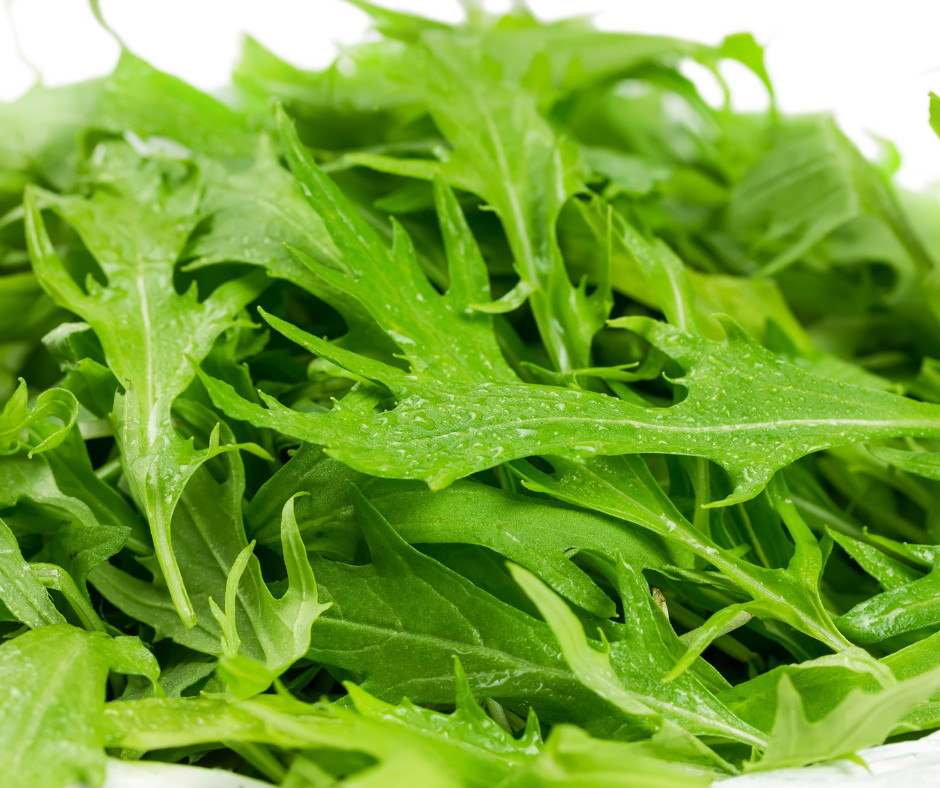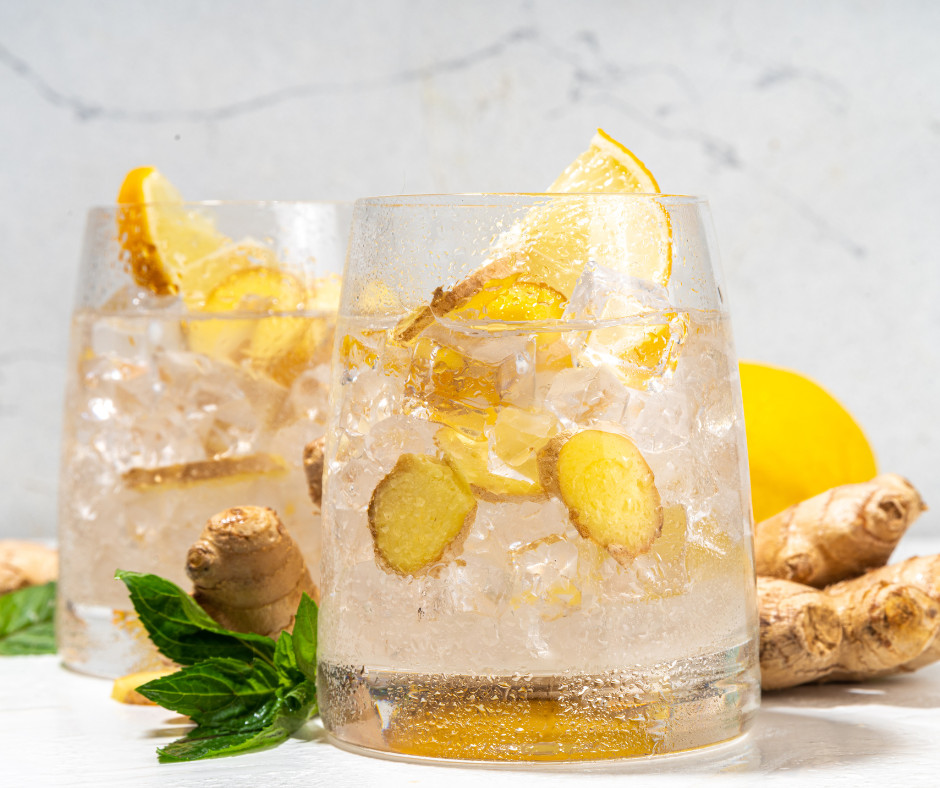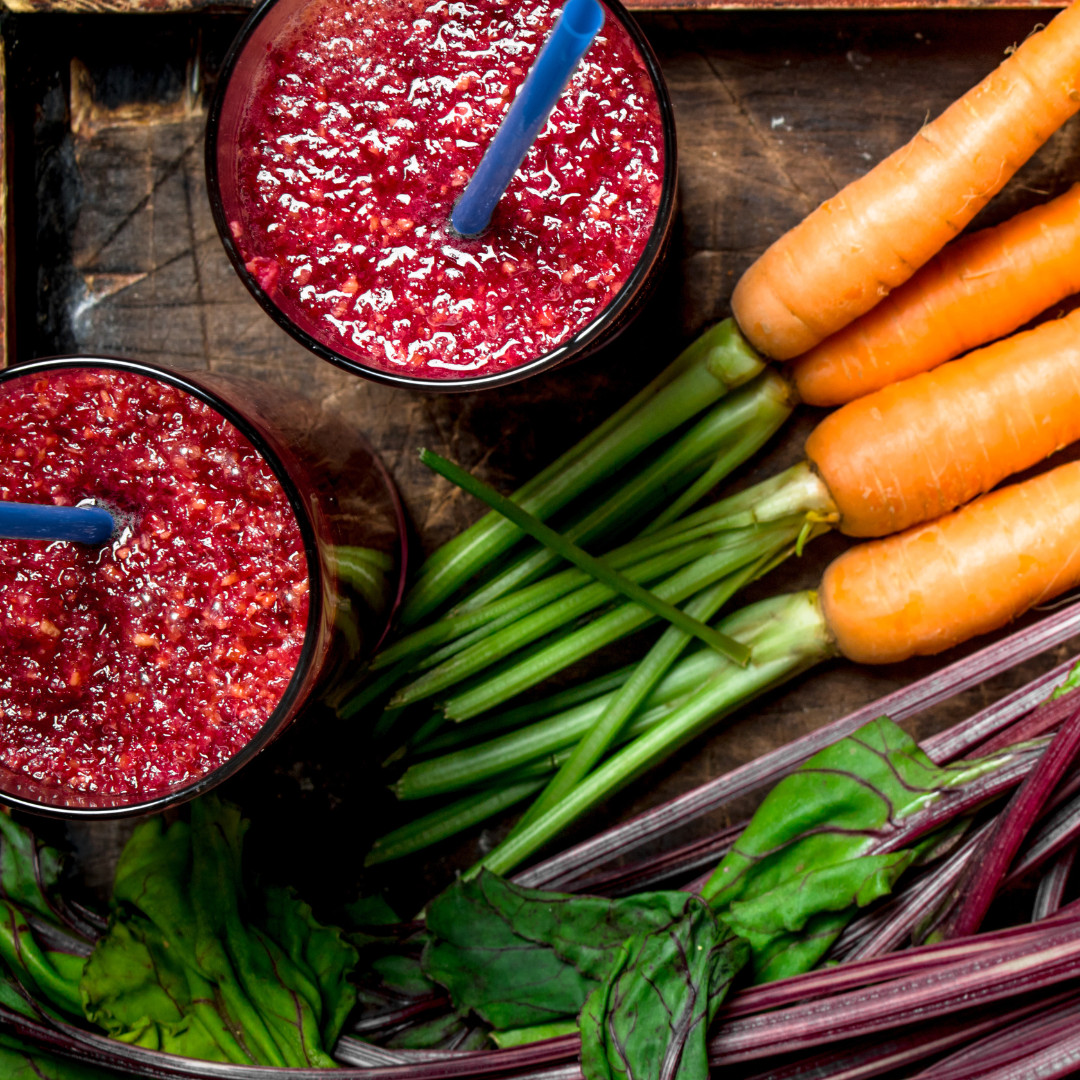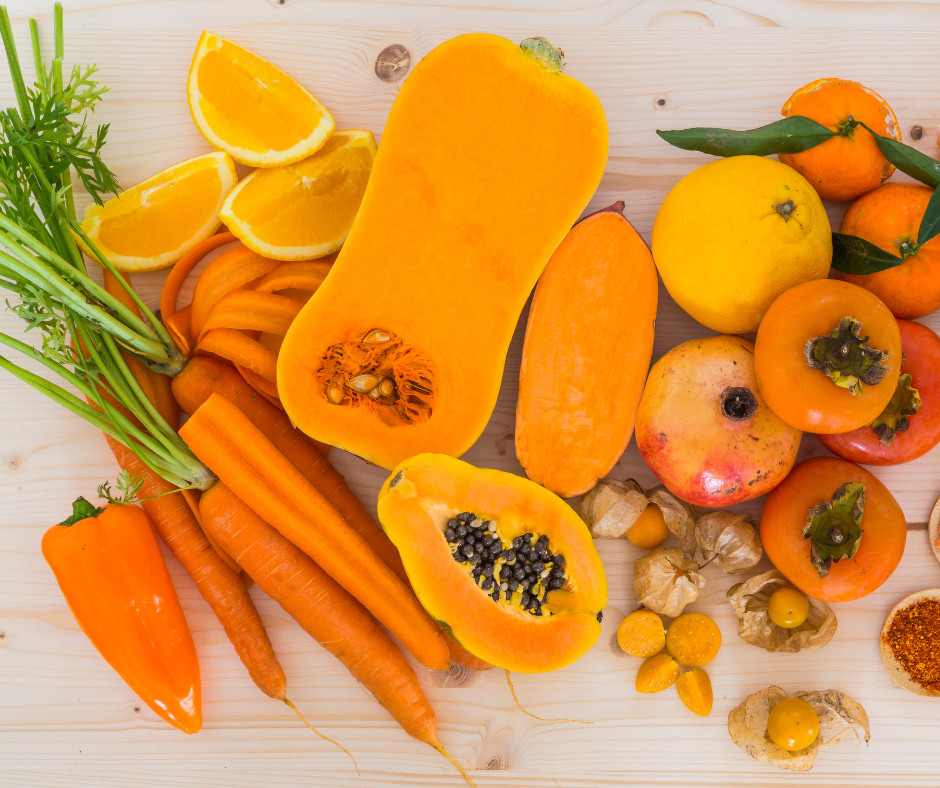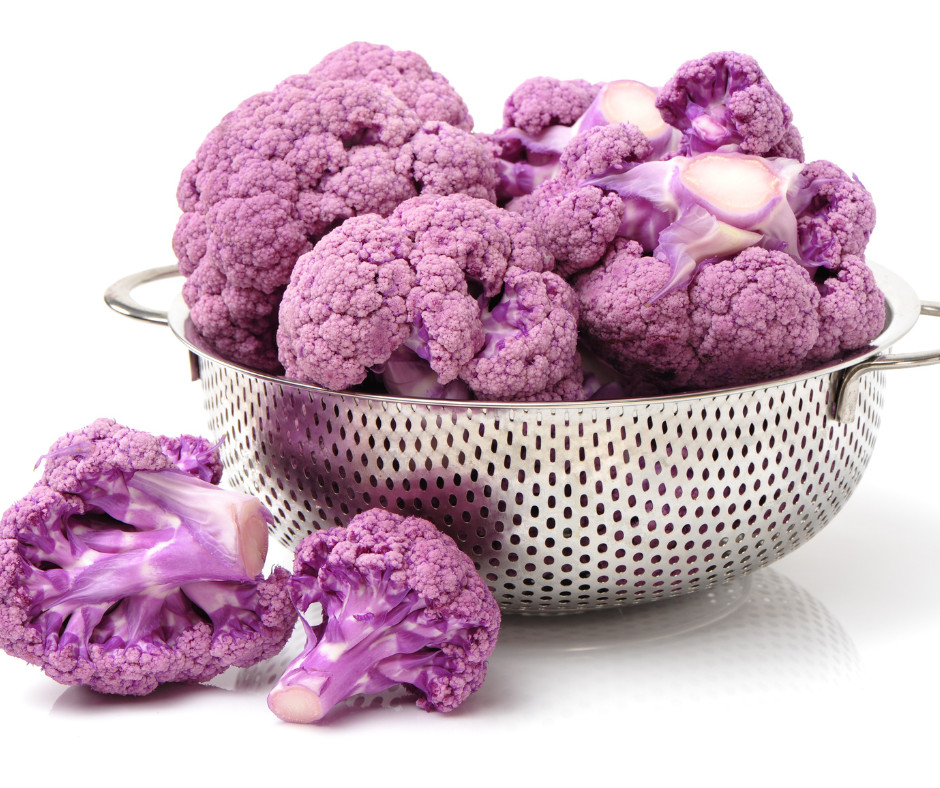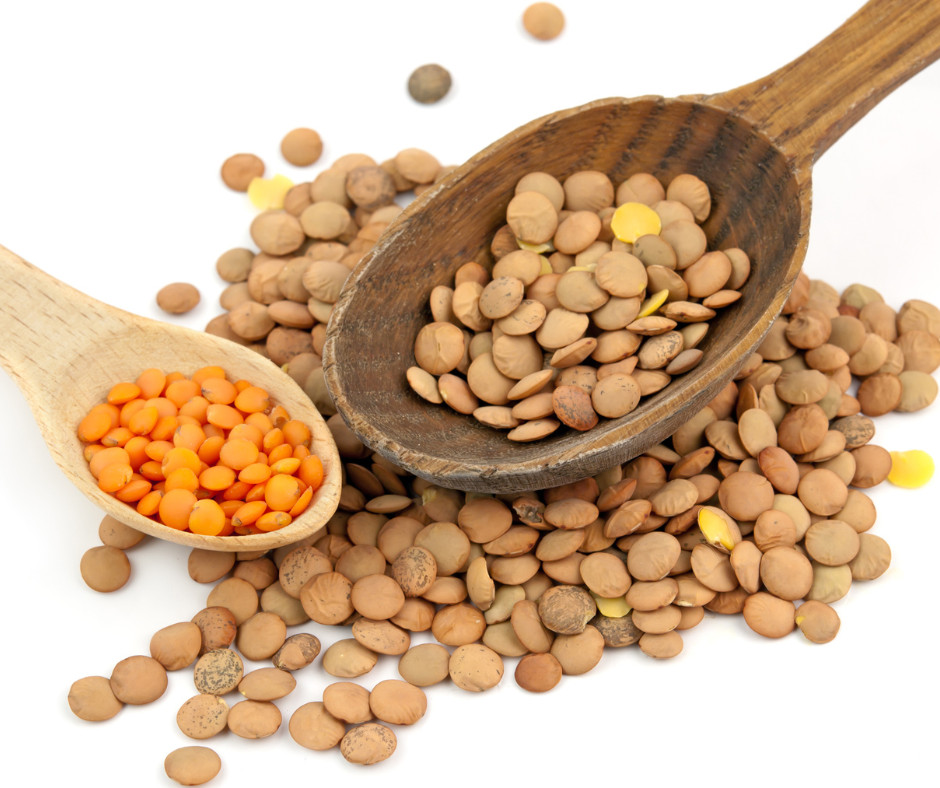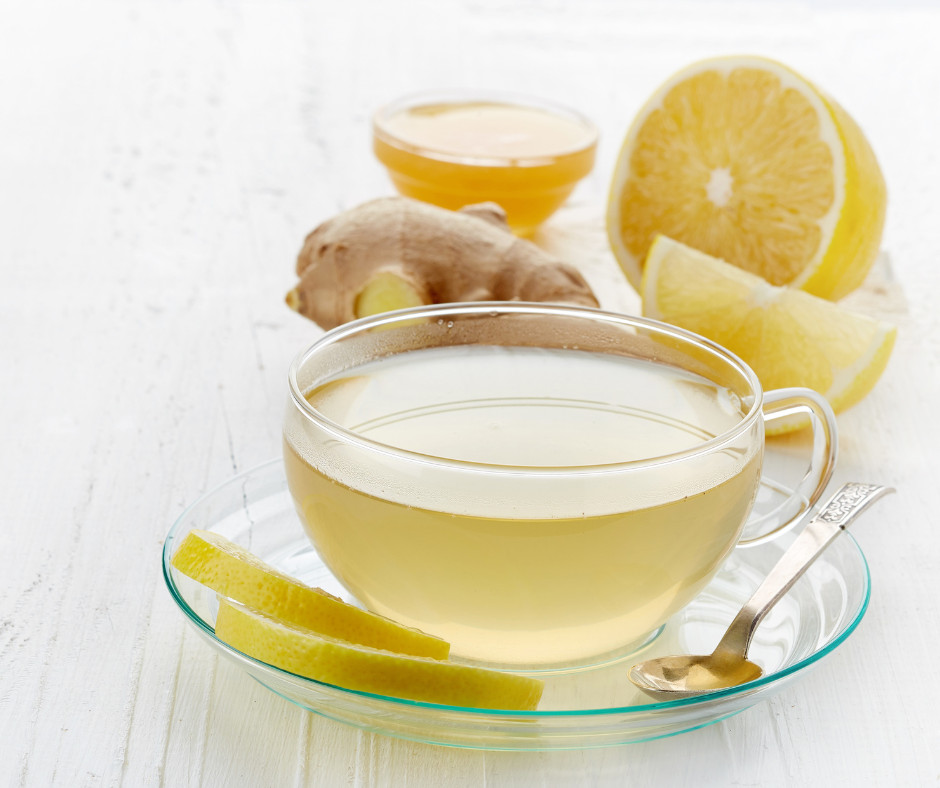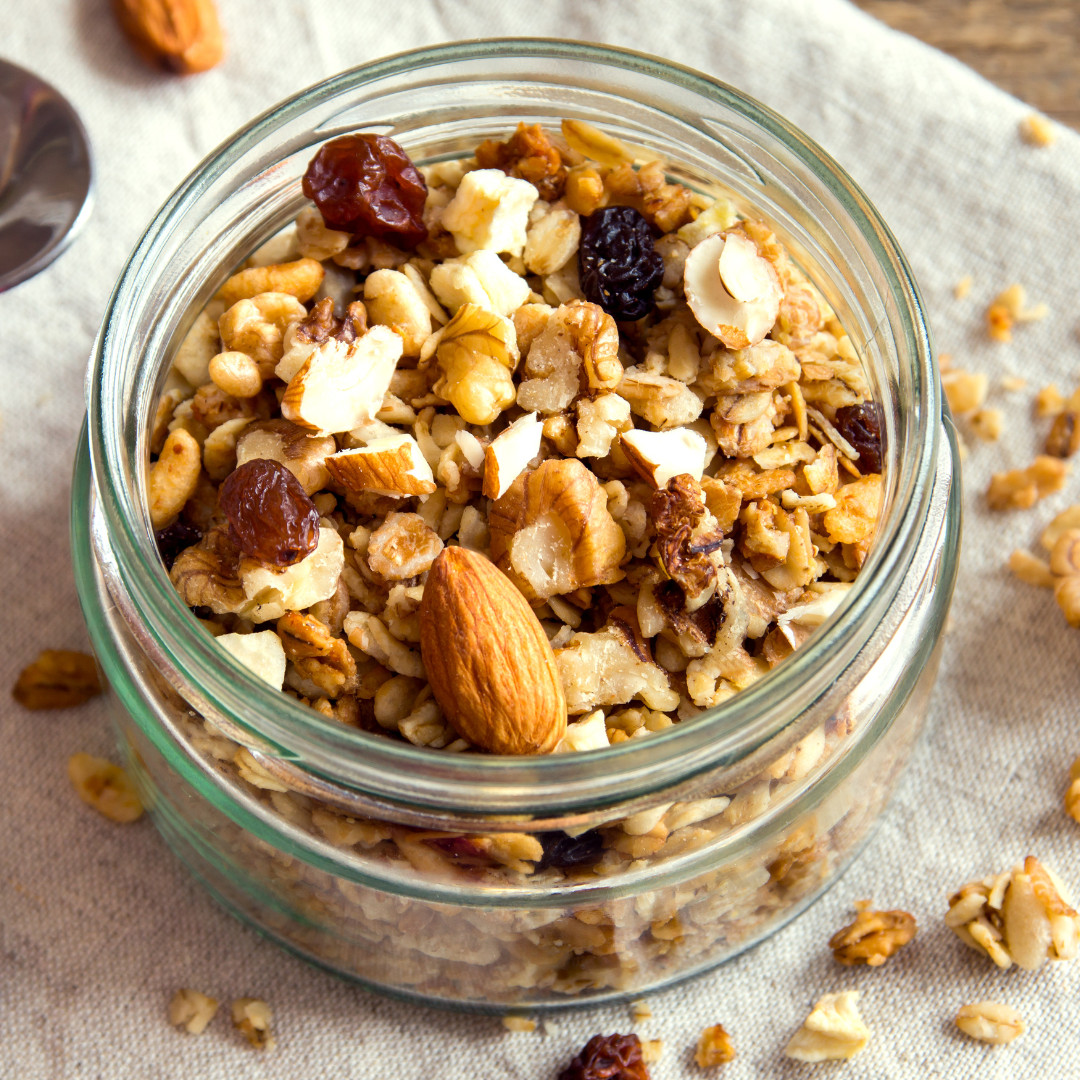
You probably know that you need to stay hydrated. But did you realize, that when you sweat, you are losing more than just hydration. Your body secretes salts and minerals when you sweat. So drinking plain water may not be enough to restore you to optimal health. Here is what you need to know about hydration and electrolytes.
What Are Electrolytes?
Your body is about 60% water. And what allows that water to flow through your body are electrolytes. Electrolytes are minerals that carry an electric charge and play an important role in how your body functions. If you eat a healthy diet, full of a variety of healthy foods, you will have a healthy electrolyte balance. Most commercial electrolyte products contain dyes, chemicals, and sugar, that are not good for you.
Your Muscles
You need the proper balance of electrolytes so that your muscles can contract and relax. Electrolytes are used by all three types of muscles in your body. Your cardiac muscle pumps blood throughout your body. Your smooth muscles line the walls of many of your organs and blood vessels. Your skeletal muscles are attached to your bones and are responsbile for any movement you make.
Nervous System
Electrolytes maintain the communication between cells in your body. They are essential for brain function since your body uses electrical signals sent through your nervous system to control your entire body. The tissues and cells in your body, communicate back to your brain, using the same electrical pathways.
Balancing Your Electrolytes
Sodium is an important electrolyte and it is easy to have too much if you have a diet high in processed foods. Too much sodium can cause you to have high blood pressure, which can lead to heart disease. Making sure you have plenty of potassium is one way to balance your sodium levels. Potassium is important for nerve signaling and muscle contraction. Bananas, leafy greens, and legumes are some of the best sources of potassium. Calcium and magnesium are two other important electrolytes. Good sources of calcium are seeds, beans, nuts, and leafy greens. Magnesium is important for over 300 chemical reactions in your body, yet most people are deficient in it. The best magnesium rich foods are nuts and seeds, spinach, legumes, and avocado.
Lesser Known Electrolytes
Phosphorous, chloride, and bicarbonate, are also important electrolytes. But because most people are not deficient in them, you may not have realized they are important electrolytes too. You can maintain these electrolyes, along with the others, with a well balanced diet. Coconut water and mineral rich snacks can also be healthy and helpful, for your electrolyte balance.
Did this help you? If so, I'd greatly appreciate it if you commented and/or share it on social media.

Email: sharonledwards@hotmail.com
Facebook: https://www.facebook.com/sharonledwardsbiz/
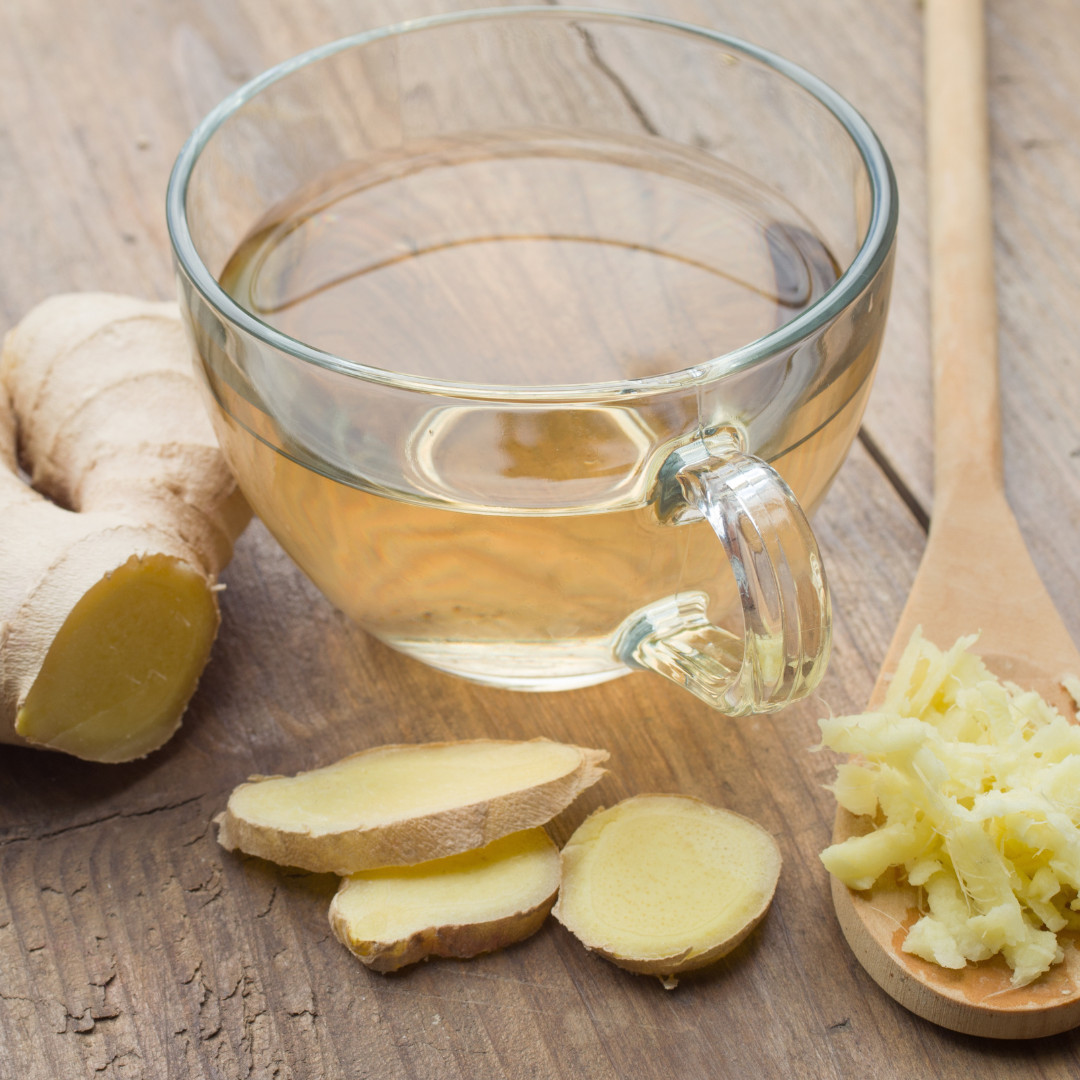
It is important to have enough stomach acid so that you can breakdown the food you eat so that your body gets the nutrition it needs. Stomach acid also kills harmful bacteria and prevents microbial overgrowth. Heartburn can happen if your stomach acid is either too low or too high. If you feel bloated after eating and it takes a long time to digest a meal, than your stomach acid level is likely too low. If your stomach acid level is too low long enough, it can lead to inflammation and more serious health issues. Here are some things you can do to maintain a healthy stomach acid level.
Read more...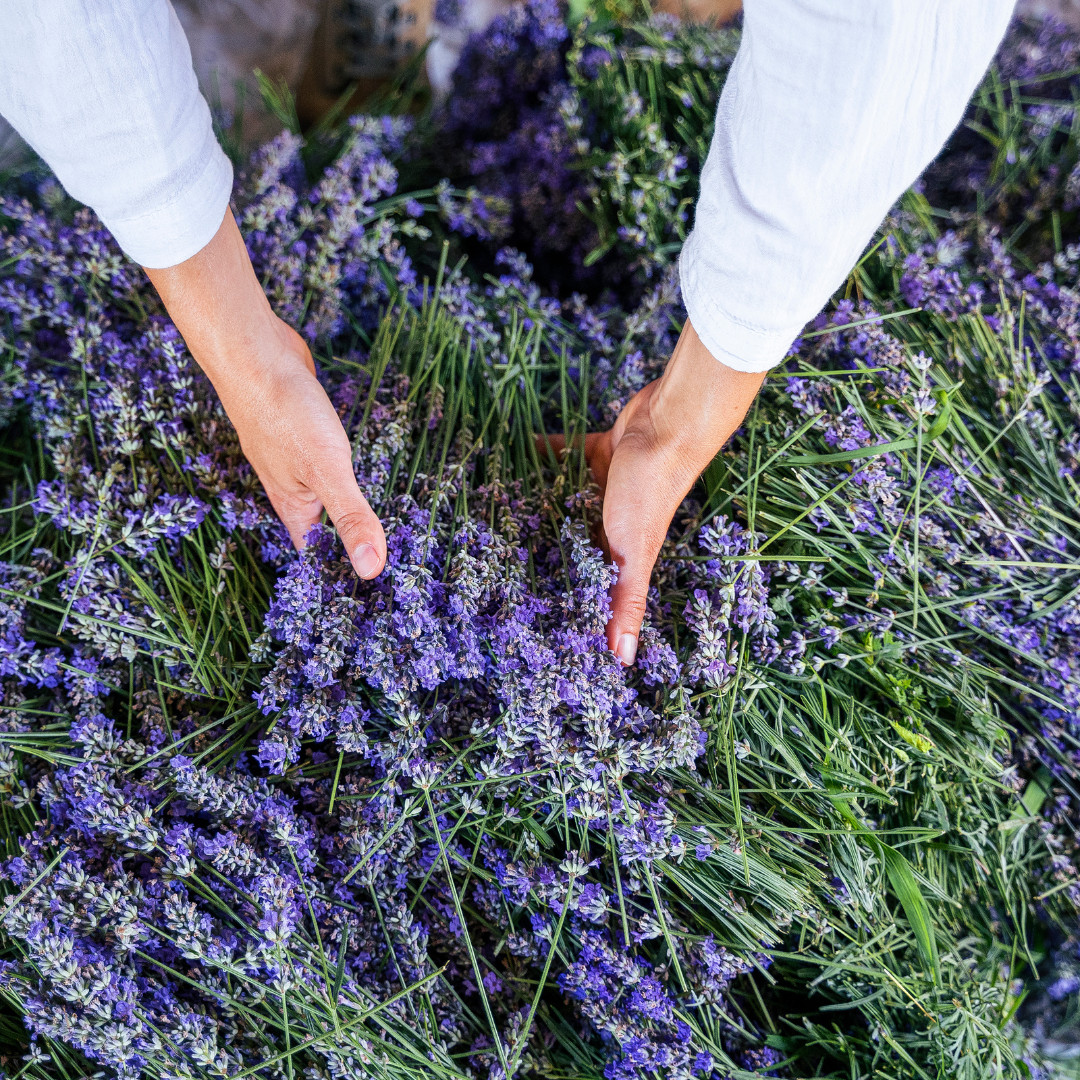
If you experience discomfort in your body and you're not wanting to take a commercial product, there are some natural options. It is becoming more widely know that commercial products have more risks and downsides than you may have previously thought. It has been so easy to just pop a pill and get relief a short while later. Fortunately, there have been studies on plant based, and other options, that offer natural relief for discomfort.
Read more...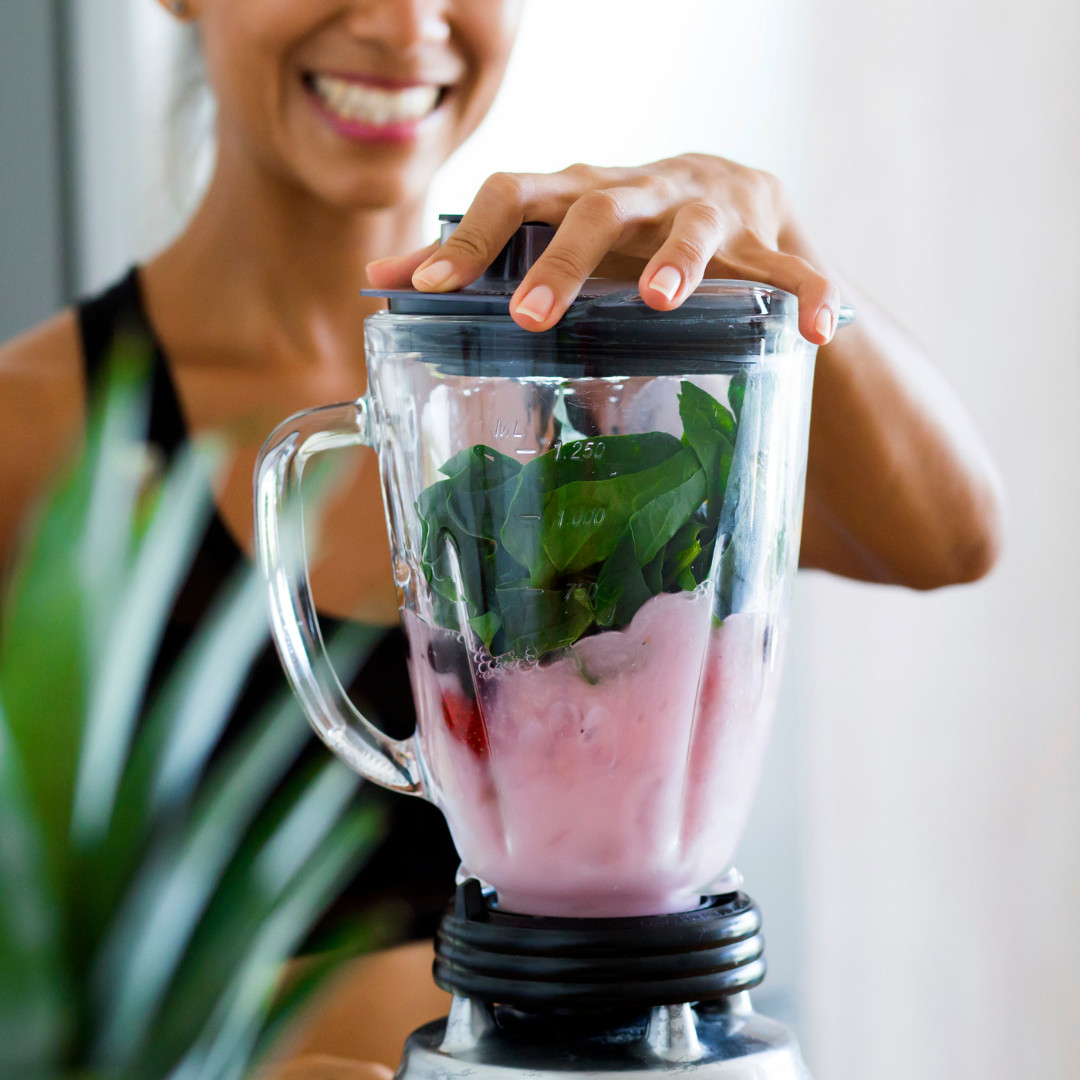
There are many benefits to both juicing and blending. If you're not getting a good variety of fruits and vegetables, it is a great way to improve your diet. You can add more of the flavors you like and mask those that you don't like. Here is what you need to know about jucing and blending.
Read more...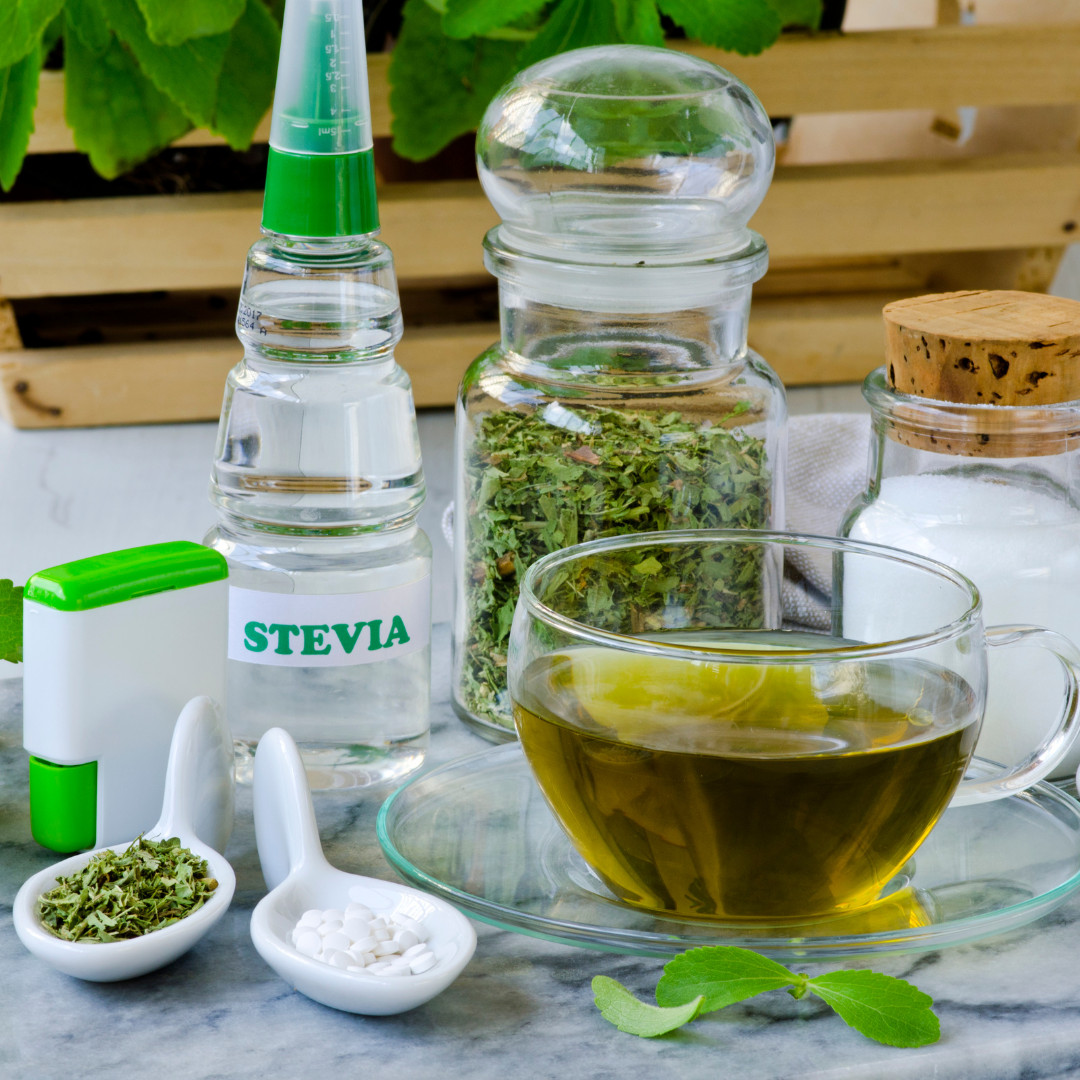
Stevia has been used as a food and medicine for over 1,000 years. The plant is native to northern South America, in countries like Brazil and Paraguay. There are over 240 species in the stevia genus. The species most commonly used as a sweetener is Stevia rebaudiana. It is 300 times sweeter than sugar, but contains zero calories and does not affect your blood sugar level.
Read more...


